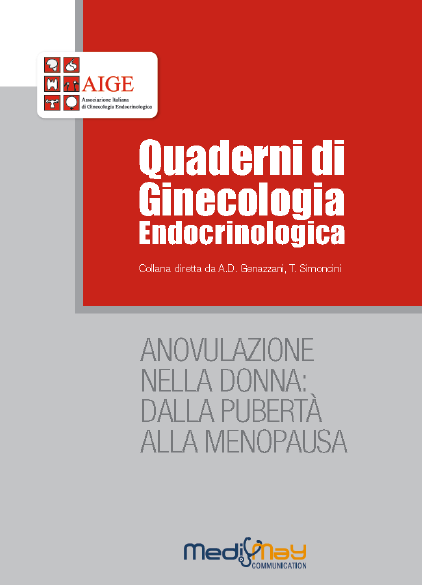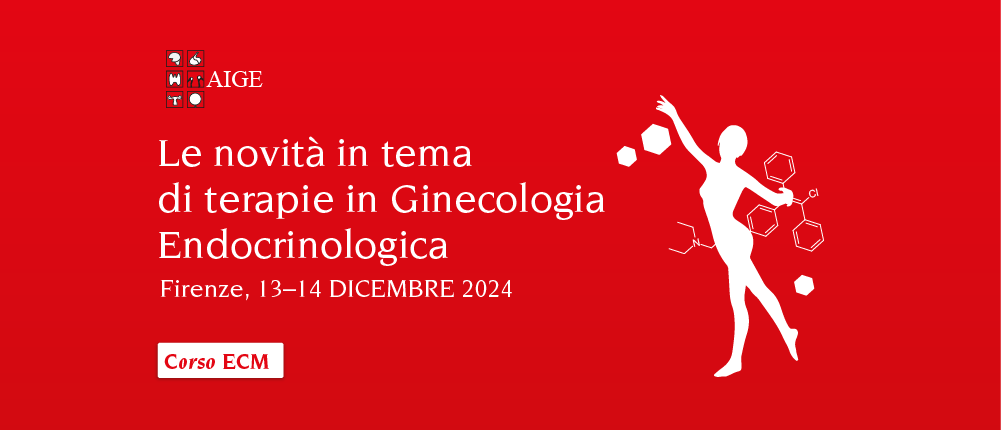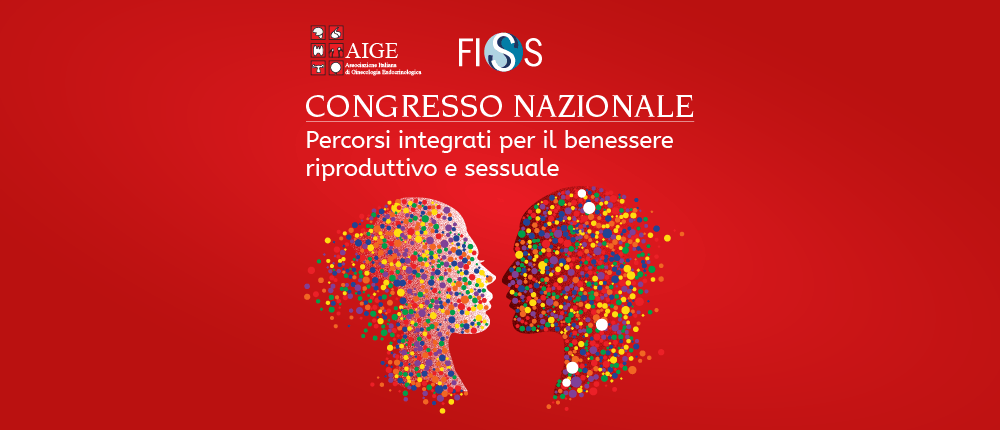{ITA} Si definisce trombofilia la tendenza al tromboembolismo arterioso e/o venoso determinata da cause congenite o acquisite del sistema della coagulazione o della fibrinolisi. Dal 1965, anno in cui è stata identificata la prima causa di trombofilia congenita, ovvero il deficit di antitrombina, abbiamo assistito ad una sostanziale evoluzione della trombofilia stessa e dall’iniziale idea di condizione patologica monogenica, si è dimostrato che la trombofilia in realtà è una malattia poligenica e complessa che coinvolge potenzialmente centinaia di polimorfismi e mutazioni rare, nonché multipli fattori acquisiti e scatenanti. Molte volte l’esistenza di uno stato trombofilico è un riscontro laboratoristico prima che clinico poiché, anche se è presente un’alterazione dell’equilibrio del sistema coagulativo verso uno stato protrombotico, vi sono numerosi meccanismi compensatori che mantengono il soggetto del tutto asintomatico. Affinché si sviluppi la manifestazione trombotica, è in genere necessario che nello stesso individuo coesistano più fattori trombofilici. Oggi, la trombofilia viene ritenuta possibile responsabile di sterilità e viene presa in considerazione quando si escludono altre cause di sterilità femminile o dopo ripetuti fallimenti di PMA. I meccanismi attraverso cui determina sterilità sono diversi: da un lato, porta ad una vascolarizzazione perifollicolare inadeguata che si traduce in danno ipossico e riduzione della qualità ovocitaria; dall’altro, altera a livello uterino il processo di vascolarizzazione necessario per il successo della gravidanza e quindi ostacola l’impianto embrionale. Inoltre, recenti studi hanno dimostrato che il pattern trombofilico responsabile di alterazioni microcircolatorie, può influire nell’alterare la neoangiogenesi luteale.
–
{ENG} Thrombophilia is defined as the tendency to arterial and/or venous thromboembolism determined by inherited or acquired causes of coagulation system or fibrinolysis. Since 1965, when antithrombin deficiency was identified as the first cause of inherited thrombophilia, we have assisted in a substantial evolution of thrombophilia. From the original monogenic view, it has been demonstrated that thrombosis is a polygenic and complex disorder that involves potentially hundreds of polymorphisms and rare mutations, as well as multiple acquired and triggering factors. Many times the existence of a thrombophilic state is a laboratory definition before clinical because, even if there is an alteration of the balance of the coagulation system to a prothrombotic state, there are many compensatory mechanisms which maintain the subject totally asymptomatic. In order to develop the thrombotic event, it is generally necessary that coexist in the same individual of more thrombophilic factors. Today, thrombophilia is considered possible responsible for infertility and it is taken into account when you exclude other causes of female infertility or after repeated failures to PMA. The mechanisms through which it determines sterility are different: on the one hand, leads to an inadequate vascularization perifollicular which results in hypoxic damage and reduction of oocyte quality; on the other hand, it alters, at uterine level, the vascularization process necessary for a successful pregnancy and then it inhibits the embryonic implantation. Furthermore, recent studies have shown that the thrombophilic pattern, responsible for microcirculatory alterations, can alter the luteal neoangiogenesis.
Minireview 12 Mar 2013




